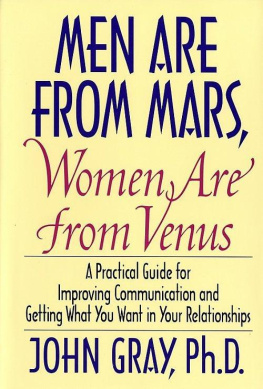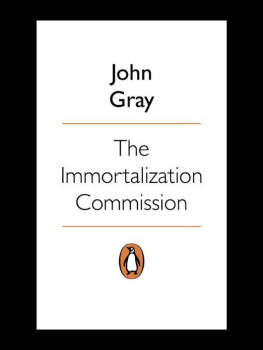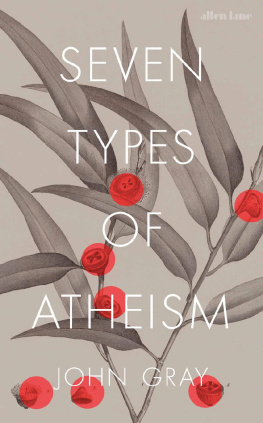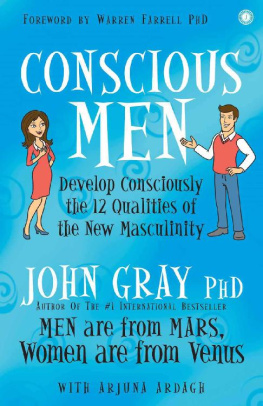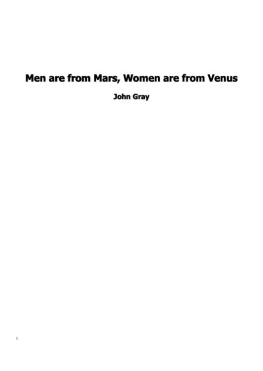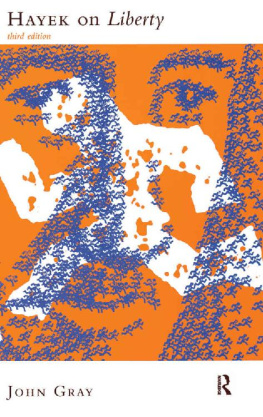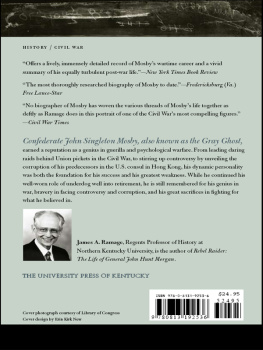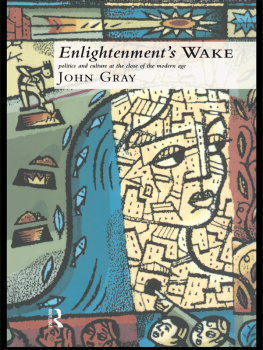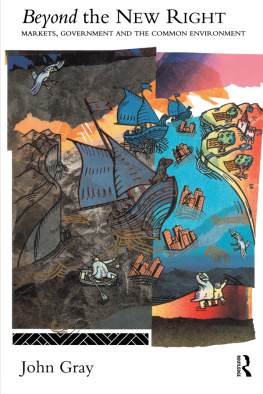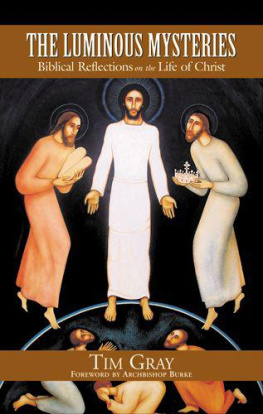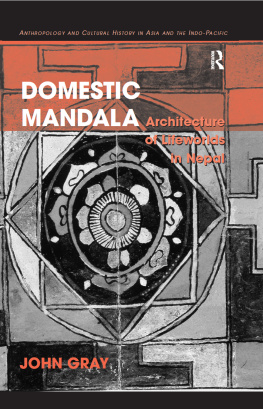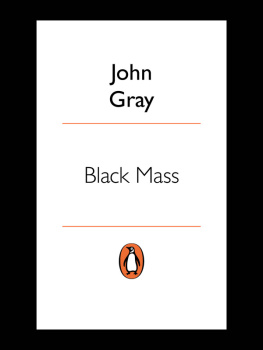INTRODUCTION
The twentieth century was an age of faith, and it looks as if the twenty-first will be as well. For much of the century that has just ended, the world was governed by militant political religions, each promising paradise on earth. Communism promised universal freedom and prosperity; it succeeded only in adding another chapter to the history of human misery. After the fall of the Berlin Wall, the cult of the free market promised all that communism had failed to deliver. The neo-liberal era lasted little more than a decade. The post-Cold War interregnum was shattered by the attacks on Washington and New York, and the American attempt to export democratic capitalism worldwide is meeting a brutal end in the killing fields of Iraq.
Both communism and neo-liberalism were messianic movements, using the language of reason and science, but actually driven by faith. Seemingly deadly rivals, the two faiths differed chiefly on a point of doctrinal detail whether the final perfection of mankind was to be achieved in universal socialism, or global democratic capitalism. Just as Marxs revolutionary socialism had done, the global free market promised an end to history. As could have been foreseen, history continued with an added dash of blood.
Like most Enlightenment ideologies, communism and neo-liberalism were obsessively secular. At the same time they were deeply shaped by religion. Looking to a future in which all of mankind would be united in a single way of life, each was rooted in a view of human history that is found only in western monotheism. Marxism and the cult of the free market are only the latest in a succession of Enlightenment faiths, in which the Christian promise of universal salvation reappears as a political project of universal emancipation.
For the pagans of pre-Christian Europe, history was an unending succession of cycles, no different from those in the natural world. In contrast, in western monotheism in Judaism, Christianity and Islam (which in this respect belongs in the West) salvation is the culmination of history. Judaism was concerned with the destiny of a particular people, not the species as a whole; the missionary impulse was absent. With the coming of Christianity, monotheism became universal in its claims. It is a development that is commonly seen as an advance. Yet it was this transformation that sowed the seeds of the militant political religions of modern times
The thinkers of the Enlightenment saw themselves as reviving paganism, but they lacked the pagan sense of the dangers of hubris. With few exceptions, these savants were actually neo-Christians, missionaries of a new gospel more fantastical than anything in the creed they imagined they had abandoned. Their belief in progress was only the Christian doctrine of providence emptied of transcendence and mystery.
Secular societies are ruled by repressed religion. Screened off from conscious awareness, the religious impulse has mutated, returning as the fantasy of salvation through politics, or now that faith in politics is decidedly shaky through a cult of science and technology. The grandiose political projects of the twentieth century may have ended in tragedy or farce, but most cling to the hope that science can succeed where politics has failed: humanity can build a world better than any that has existed in the past. They believe this not from real conviction but from fear of the void that looms if the hope of a better future is given up. Belief in progress is the Prozac of the thinking classes.
In science progress is a fact, in ethics and politics it is a superstition. The accelerating advance of scientific knowledge fuels technical innovation, producing an incessant stream of new inventions; it lies behind the enormous increase in human numbers over the past few hundred years. Post-modern thinkers may question scientific progress, but it is undoubtedly real. The illusion is in the belief that it can effect any fundamental alteration in the human condition. The gains that have been achieved in ethics and politics are not cumulative. What has been gained can also be lost, and over time surely will be.
History is not an ascending spiral of human advance, or even an inch-by-inch crawl to a better world. It is an unending cycle in which changing knowledge interacts with unchanging human needs. Freedom is recurrently won and lost in an alternation that includes long periods of anarchy and tyranny, and there is no reason to suppose that this cycle will ever end. In fact, with human power increasing as a result of growing scientific knowledge, it can only become more violent.
The core of the idea of progress is the belief that human life becomes better with the growth of knowledge. The error is not in thinking that human life can improve. Rather, it is imagining that improvement can ever be cumulative. Unlike science, ethics and politics are not activities in which what is learnt in one generation can be passed on to an indefinite number of future generations. Like the arts, they are practical skills and they are easily lost.
Many Enlightenment thinkers accepted that scientific advance might slow down or stop, as in previous periods of history, and in that case social progress would stall as well. Yet so long as the advance of science continued, they believed human life would improve. The improvement might not be quick or steady, but it would be incremental, with each new advance building on the last, like the growth of knowledge in science. What none of the thinkers of the Enlightenment envisaged, and their followers today have failed to perceive, is that human life can become more savage and irrational even as scientific advance accelerates.
Now that science is worldwide the advance of knowledge is unstoppable. Short of an almost unimaginable global crisis there is no prospect of the advance of science slowing or going into reverse. In ethics and politics, however, no gain is irreversible. Human knowledge grows, but the human animal stays much the same. Humans use their growing knowledge to promote their conflicting goals whatever they may be. Genocide and the destruction of nature are as much products of scientific knowledge as antibiotics and increasing longevity. Science enlarges human power. It cannot make human life more reasonable, peaceful or civilized, still less enable humanity to remake the world.
In calling belief in progress an illusion, I do not mean that we should or could simply reject it. When Freud described religion as an illusion, he did not imply that it was wholly false, nor was he suggesting that humanity could do without it. Illusions are not mere errors. They are beliefs to which we cling for reasons that have nothing to do with truth. We turn to religion not for an explanation of the universe, but in order to find meaning in life.
The illusion of progress has sometimes been benign. It inspired some genuine social advances, such as the abolition of judicial torture. (Ironically, as I note in Chapter 15, some American liberals are now arguing for its reintroduction.) Even so, I believe it has now become harmful. Whatever role it may have had in the past, belief in progress has become a mechanism of self-deception that serves only to block perception of the evils that come with the growth of knowledge. In contrast, the myths of religion are ciphers containing the truth of the human condition.


